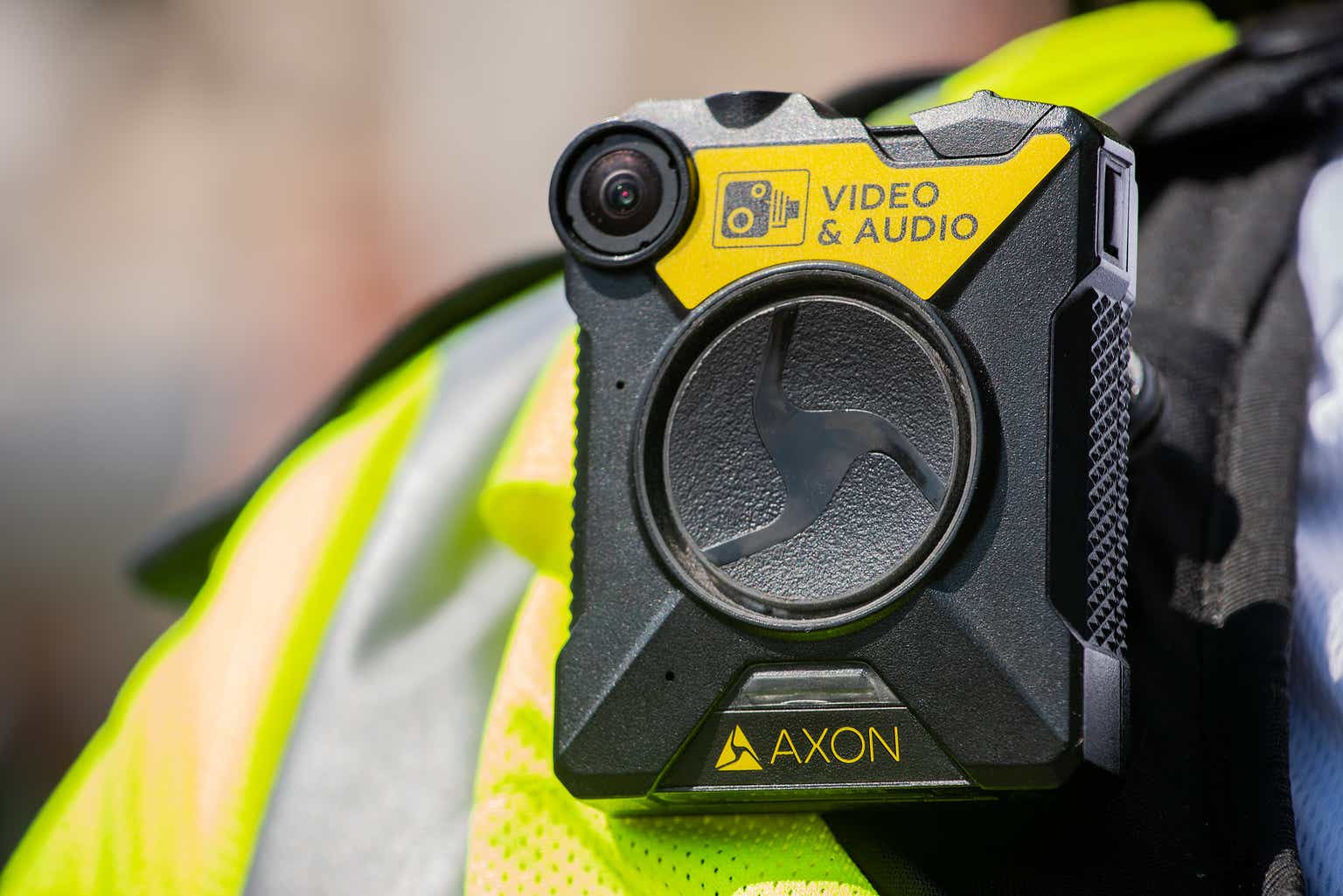US
prosecutors have fingered two Russian nationals as the masterminds behind the 2011 hack of
Mt. Gox , the largest Bitcoin (BTC) exchange in the world at the time. The
Department of Justice (DOJ) in an indictment unsealed on Friday, charged Alexey
Bilyuchenko, 43, and Aleksandr Verner, 29, with conspiracy to launder about 647,000
bitcoins following their hack of the
exchange.
According
to the prosecutors, Bilyuchenko and Verner stole the vast majority of bitcoins
belonging to Mt. Gox customers between September 2011 and at least May 2014. This contributed to the eventual shut down
of the platform in February 2014.
The DOJ in
a statement unsealed charges against both Russian nationals in both New York
and California, following ongoing multi-agency investigation into the case.
This is even as the prosecutor accused Bilyuchenko of partnering with Alexander Vinnik to run
another defunct Bulgaria-based cryptocurrency exchange , BTC-e, with ‘ill-gotten
gains’ from his Mt. Gox hack.
BTC-e, according
to the prosecutor, for years aided criminals across the world, ‘to launder
billions of dollars.’ These included computer hackers, ransomware actors,
narcotics rings and corrupt public officials.
How Mt. Gox’s Stolen Bitcoins Were Moved: DOJ
According
to the DOJ, Mt. Gox kept its customers’ crypto wallets and private keys on a
computer server in Japan. However, after Bilyuchenko, Verner and their
accomplice allegedly stole some of the bitcoins, they laundered most of them through their
accounts at two other online BTC exchanges.
Furthermore,
the DOJ claimed that Bilyuchenko, Verner and others as part of a device
to launder the Bitcoin sometime
in April 2012 entered into a so-called advertising services contract with a New
York-based bitcoin brokerage. The firm allegedly helped the accused to hide and
liquidate bitcoins their stolen bitcoins by making wire
transfers of about $6.6
million to oversea bank accounts they controlled and those in the names of
shell companies.
“In
exchange for the wire transfers, the New York Bitcoin Broker allegedly received
‘credit’ on Exchange-1, through which Bilyuchenko, Verner, and their
co-conspirators allegedly laundered more than 300,000 of the bitcoins stolen
from Mt. Gox,” DOJ noted, explaining its indictment.
US
prosecutors have fingered two Russian nationals as the masterminds behind the 2011 hack of
Mt. Gox , the largest Bitcoin (BTC) exchange in the world at the time. The
Department of Justice (DOJ) in an indictment unsealed on Friday, charged Alexey
Bilyuchenko, 43, and Aleksandr Verner, 29, with conspiracy to launder about 647,000
bitcoins following their hack of the
exchange.
According
to the prosecutors, Bilyuchenko and Verner stole the vast majority of bitcoins
belonging to Mt. Gox customers between September 2011 and at least May 2014. This contributed to the eventual shut down
of the platform in February 2014.
The DOJ in
a statement unsealed charges against both Russian nationals in both New York
and California, following ongoing multi-agency investigation into the case.
This is even as the prosecutor accused Bilyuchenko of partnering with Alexander Vinnik to run
another defunct Bulgaria-based cryptocurrency exchange , BTC-e, with ‘ill-gotten
gains’ from his Mt. Gox hack.
BTC-e, according
to the prosecutor, for years aided criminals across the world, ‘to launder
billions of dollars.’ These included computer hackers, ransomware actors,
narcotics rings and corrupt public officials.
How Mt. Gox’s Stolen Bitcoins Were Moved: DOJ
According
to the DOJ, Mt. Gox kept its customers’ crypto wallets and private keys on a
computer server in Japan. However, after Bilyuchenko, Verner and their
accomplice allegedly stole some of the bitcoins, they laundered most of them through their
accounts at two other online BTC exchanges.
Furthermore,
the DOJ claimed that Bilyuchenko, Verner and others as part of a device
to launder the Bitcoin sometime
in April 2012 entered into a so-called advertising services contract with a New
York-based bitcoin brokerage. The firm allegedly helped the accused to hide and
liquidate bitcoins their stolen bitcoins by making wire
transfers of about $6.6
million to oversea bank accounts they controlled and those in the names of
shell companies.
“In
exchange for the wire transfers, the New York Bitcoin Broker allegedly received
‘credit’ on Exchange-1, through which Bilyuchenko, Verner, and their
co-conspirators allegedly laundered more than 300,000 of the bitcoins stolen
from Mt. Gox,” DOJ noted, explaining its indictment.
















